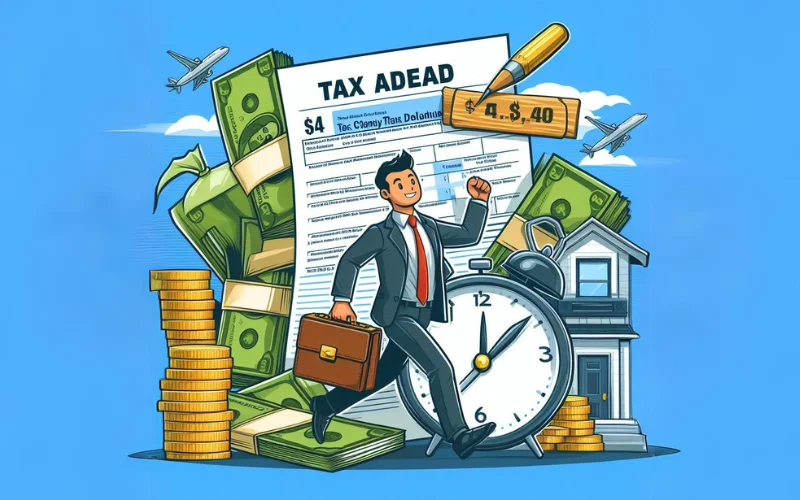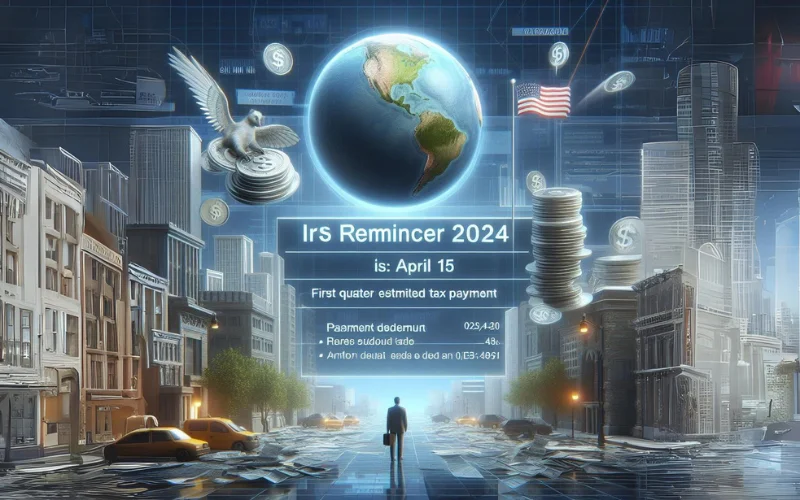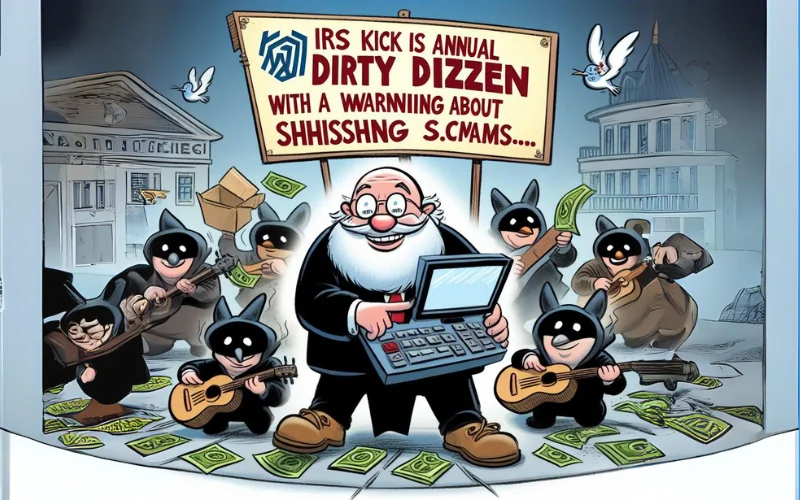Numerous reasons contribute to the failure of businesses to sell, ranging from inadequate documentation to unexpected market shifts. Yet, a prevailing hurdle in the business sale landscape is the valuation gap – a discrepancy between an owner’s perceived value and the actual market value of the business.
This valuation gap creates a stalemate where businesses remain unsold because the owner holds out for a price exceeding the actual market value. Conversely, potential buyers hesitate to commit to the purchase, unconvinced of the proposed value’s authenticity.
Both M&A and business brokers emphasize this challenge as a top deterrent leading to deal failures. To prevent such breakdowns, business owners need a clear comprehension of their business’s value that can be effectively communicated and justified to prospective buyers. Utilizing this understanding as a persuasive tool in discussions with potential clients can substantially enhance the probability of securing new clients. When clients express a desired sale value, it’s crucial to ensure their confidence in reaching that target by the intended sale date.
If a client expresses dissatisfaction with their business’s current valuation, it’s beneficial to offer strategies to enhance its value. Simple enhancements, such as augmenting the business’s cash flow or widening its access to capital, can significantly elevate its overall value. This approach not only aids in a one-time valuation but also opens avenues for recurrent business engagements. Regular reassessment of a business’s progress post-implementation of crucial changes further solidifies this client relationship.
Source: ZACH MEYER





